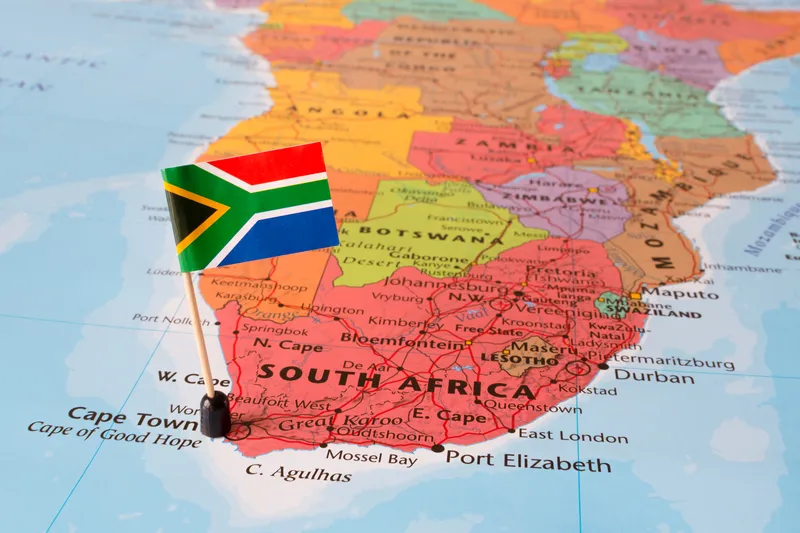Colombia's finance minister Mauricio Cardenas said the country will gain access to a loan of US$400 million the Central American Bank for Economic Integration (CABEI) for infrastructure projects.
Around $200 million will finance 4G motorway concessions. The rest will be used on projects that involve CABEI founding members such as Nicaragua, El Salvador, Costa Rica, Honduras and Guatemala. The announcement was made during the 55th CABEI governors’ assembly in Medellin, Columbia, in April.
Colombia has
April 27, 2015
Read time: 2 mins
Colombia's finance minister Mauricio Cardenas said the country will gain access to a loan of US$400 million the 863 Central American Bank for Economic Integration (CABEI) for infrastructure projects.
Around $200 million will finance 4G motorway concessions. The rest will be used on projects that involve CABEI founding members such as Nicaragua, El Salvador, Costa Rica, Honduras and Guatemala. The announcement was made during the 55th CABEI governors’ assembly in Medellin, Columbia, in April.
Colombia has been a non-regional member of CABEI since 1996.
CABEI is the main provider of development-oriented financial resources to the region. Its 2015-2019 strategy called ‘Integrating Sustainable Development and Competitiveness’ includes nearly $9 billion for social development, competitiveness and regional integration.
Meanwhile, Colombia's national infrastructure agency ANI receive proposals for a contract to improve the motorway between Villavicencio and Yopal. The project will cost around $1 billion and include new roads and maintenance of work on existing routes.
ANI recently received seven proposals for a road project between Sisga and El Secreto. Bidders were Promesa de Sociedad Futural Transversal del Sisga; Icein Ingenieros Constructores; Infraestructura Vial para Colombia; Estructura Plural Pavimentos Colombia-Industrias Asfalticas; Infracon; PSF Concesion Vial Valle de Tenza; and Estructura Plural Centro Oriente.
Around $200 million will finance 4G motorway concessions. The rest will be used on projects that involve CABEI founding members such as Nicaragua, El Salvador, Costa Rica, Honduras and Guatemala. The announcement was made during the 55th CABEI governors’ assembly in Medellin, Columbia, in April.
Colombia has been a non-regional member of CABEI since 1996.
CABEI is the main provider of development-oriented financial resources to the region. Its 2015-2019 strategy called ‘Integrating Sustainable Development and Competitiveness’ includes nearly $9 billion for social development, competitiveness and regional integration.
Meanwhile, Colombia's national infrastructure agency ANI receive proposals for a contract to improve the motorway between Villavicencio and Yopal. The project will cost around $1 billion and include new roads and maintenance of work on existing routes.
ANI recently received seven proposals for a road project between Sisga and El Secreto. Bidders were Promesa de Sociedad Futural Transversal del Sisga; Icein Ingenieros Constructores; Infraestructura Vial para Colombia; Estructura Plural Pavimentos Colombia-Industrias Asfalticas; Infracon; PSF Concesion Vial Valle de Tenza; and Estructura Plural Centro Oriente.








